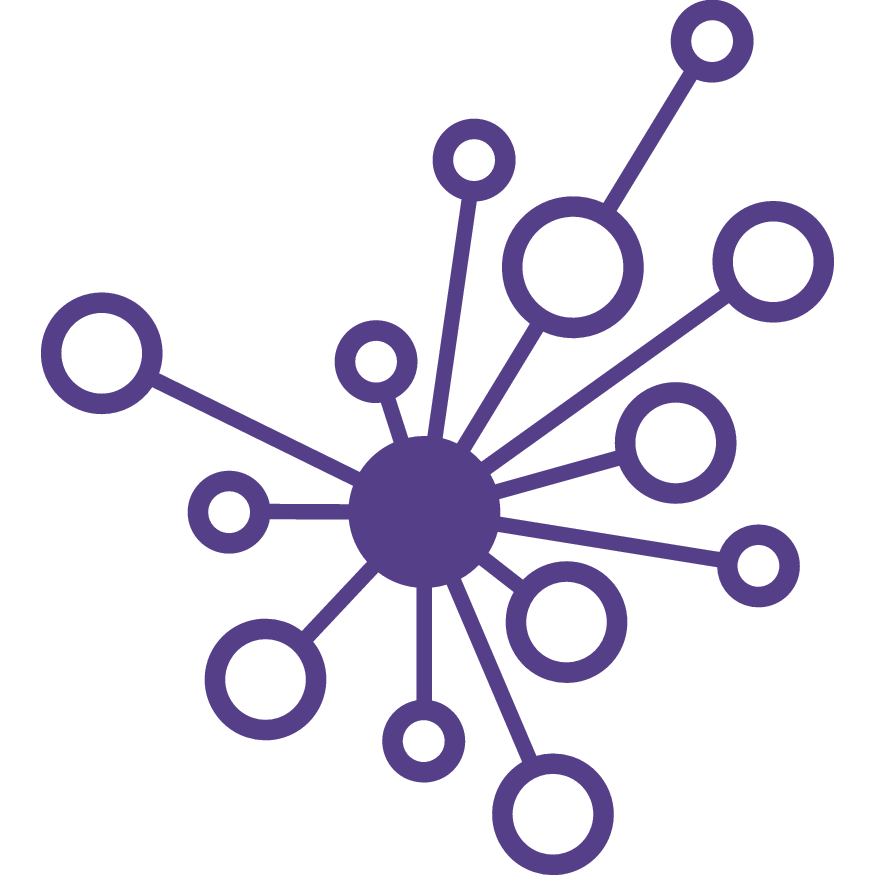In an era marked by rapid technological advancements and an ever-increasing thirst for knowledge, the concept of “open data” is revolutionizing various sectors, not least among them the field of education. But what is open data, exactly? Simply put, it refers to data that is made available to the public, free of charge and without restrictions on its use or distribution. This democratization of data holds immense potential for enhancing educational research and innovation, providing a rich soil in which new ideas can germinate and flourish. For students and researchers looking to delve into this wealth of information without breaking the bank, services that write my research paper for cheap, like Essay Service https://essayservice.com/pay-for-research-paper, offer a gateway to engaging with complex data through open source data analytics tools, open data kits, and open source data visualization techniques. This blog post explores the multifaceted role of open data in educational research and innovation, highlighting its impact and the opportunities it presents.
Open Data: A Gateway to Innovation in Educational Research
The journey into the vast expanse of educational research often begins with a single step: a question, a hypothesis, or a spark of curiosity. Yet, for many students and researchers, access to the necessary data to explore these inquiries can be a formidable barrier. This is where open data emerges as a crucial player, offering a bridge over these obstacles and paving the way for a deeper, more inclusive exploration of knowledge.

What is Open Data and Its Significance?
Open data, by its very nature, is designed to be accessible and freely used, modified, and shared by anyone for any purpose. It’s a principle that aligns closely with the ethos of academic inquiry and the pursuit of knowledge as a public good. By removing the financial and legal barriers typically associated with proprietary data, open data fosters a more collaborative, transparent, and efficient research environment. It allows for a broader participation in the scientific process, where insights and discoveries are no longer confined within the walls of well-funded institutions.

Leveraging Open Source Data Analytics in Education
The rise of open source data analytics tools has been a boon for educational researchers. These tools enable the processing and analysis of large datasets without the need for expensive software licenses. From statistical analysis to predictive modeling, open source tools provide researchers with the means to sift through data, identify patterns, and draw conclusions that can inform educational practices and policies. For students grappling with data-driven projects, these tools are particularly invaluable, offering a cost-effective solution that aligns with the budget constraints often faced in academia.

Open Data Kit: Empowering Field Research
Field research in education, whether it involves studying educational methods in diverse cultural contexts or collecting data on student learning outcomes in different environments, requires robust data ownership collection tools. The Open Data Kit (ODK) is one such tool that empowers researchers to design, deploy, and manage surveys in the field. Its open source nature ensures that even researchers from resource-limited settings can collect accurate, real-time data using mobile devices. This capability is instrumental in gathering qualitative and quantitative data essential for comprehensive educational studies.
Visualizing Data with Open Source Tools
The adage “a picture is worth a thousand words” holds particularly true in the context of educational research. Open source data visualization tools enable researchers to translate complex datasets into digestible, informative visuals. These tools are not only valuable for analyzing trends and patterns but also for communicating findings to a broader audience. Whether it’s for a classroom presentation, a research paper, or a policy recommendation report, effective data visualization helps bridge the gap between complex data and actionable insights.

Incorporating Open Data into Educational Innovation
The infusion of open data into educational research and practices heralds a new era of innovation, marked by inclusivity, collaboration, and transparency. The power of open data extends beyond the analytical; it reshapes the educational landscape by fostering environments that encourage experimentation, critical thinking, and problem-solving.
Facilitating Collaborative Research and Learning
One of the most profound impacts of open data is its ability to bring together minds from across the globe to solve educational challenges. Through shared datasets, researchers, educators, and students can collaborate on projects, compare findings, and contribute to a collective pool of knowledge. This collaborative approach not only accelerates the pace of discovery but also promotes a culture of open scholarship where knowledge is a shared commodity, not a guarded secret.

Enhancing Personalized Learning Experiences
Open data also plays a crucial role in the development of personalized learning experiences. By analyzing data on learning patterns, educators can tailor educational content to meet the unique needs of each student. For instance, open source data analytics can reveal insights into which teaching methods are most effective for different learning styles, enabling educators to customize their approaches and improve learning outcomes.
Driving Policy and Curriculum Development
The implications of open data extend to the formulation of educational policies and curricula. Policymakers can utilize open data to make informed decisions that reflect the needs and realities of their educational systems. By analyzing data on student performance, enrollment rates, and resource allocation, they can identify gaps in the education system and develop targeted interventions. Similarly, curriculum developers can use open data to create content that is relevant, dynamic, and aligned with the skills required in the 21st-century workforce.

Overcoming Challenges and Ethical Considerations
While the benefits of open data in education, like data ownership in healthcare, are significant, it’s also crucial to address the challenges and ethical considerations it presents. Issues of data privacy, security, and the potential for misuse necessitate the development of robust ethical guidelines and governance structures. Ensuring the responsible use of open data is paramount to maintaining trust and integrity in the research process.
Furthermore, while open data is inherently inclusive, there’s a need to bridge the digital divide to ensure that all researchers and educators have equal access to these resources. This includes providing training and resources to those who may not have the technical skills to fully leverage open data tools.
Conclusion
The role of open data in enhancing educational research and innovation cannot be overstated. By democratizing access to information, it empowers researchers, educators, and students to explore, innovate, and collaborate in ways previously unimaginable. The integration of open data into education holds the promise of a more equitable, informed, and connected world.
However, the journey toward fully realizing this potential is ongoing. It requires the collective effort of the global educational community to advocate for open data policies, invest in the development of open source tools, and commit to the ethical stewardship of data. As we continue to navigate this path, the guiding principle remains clear: knowledge should be a commonwealth, accessible to all, for the betterment of education and society at large.
